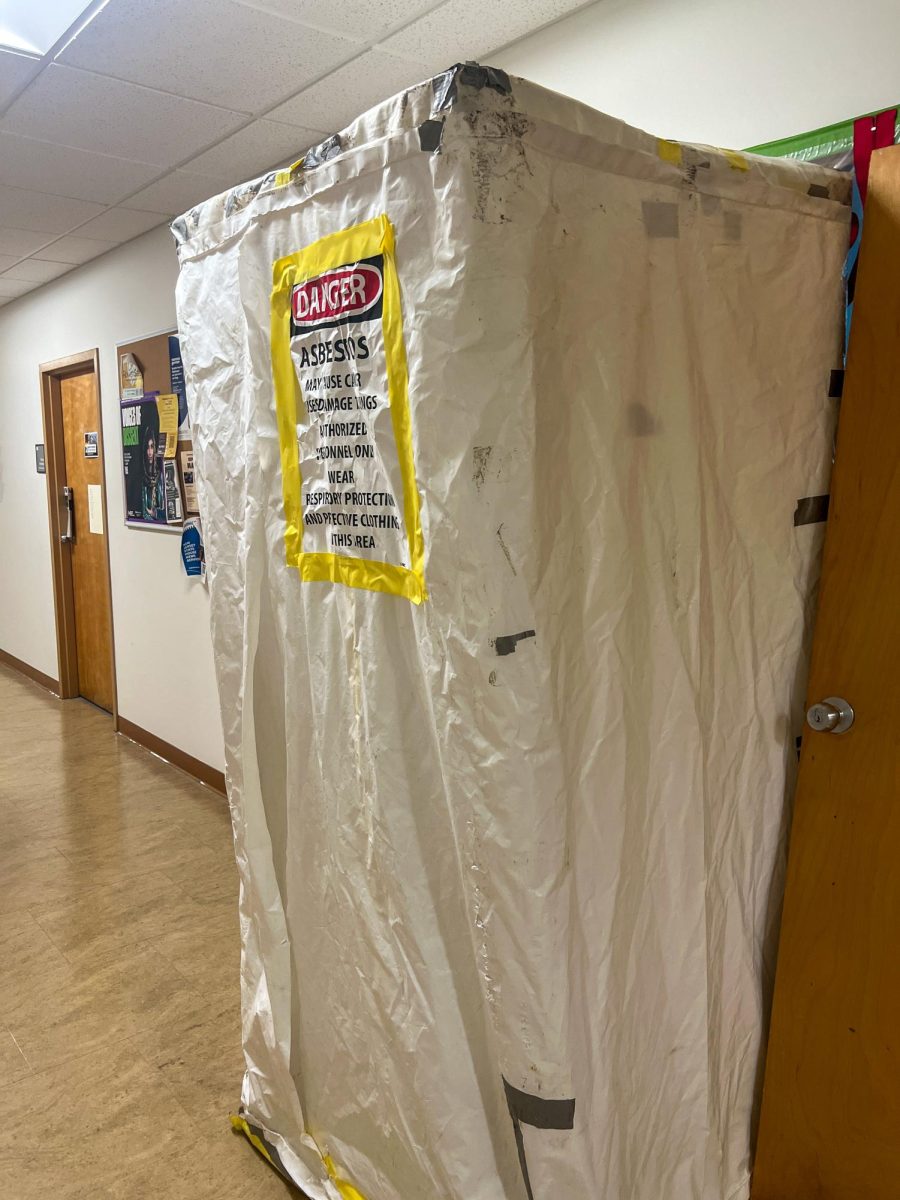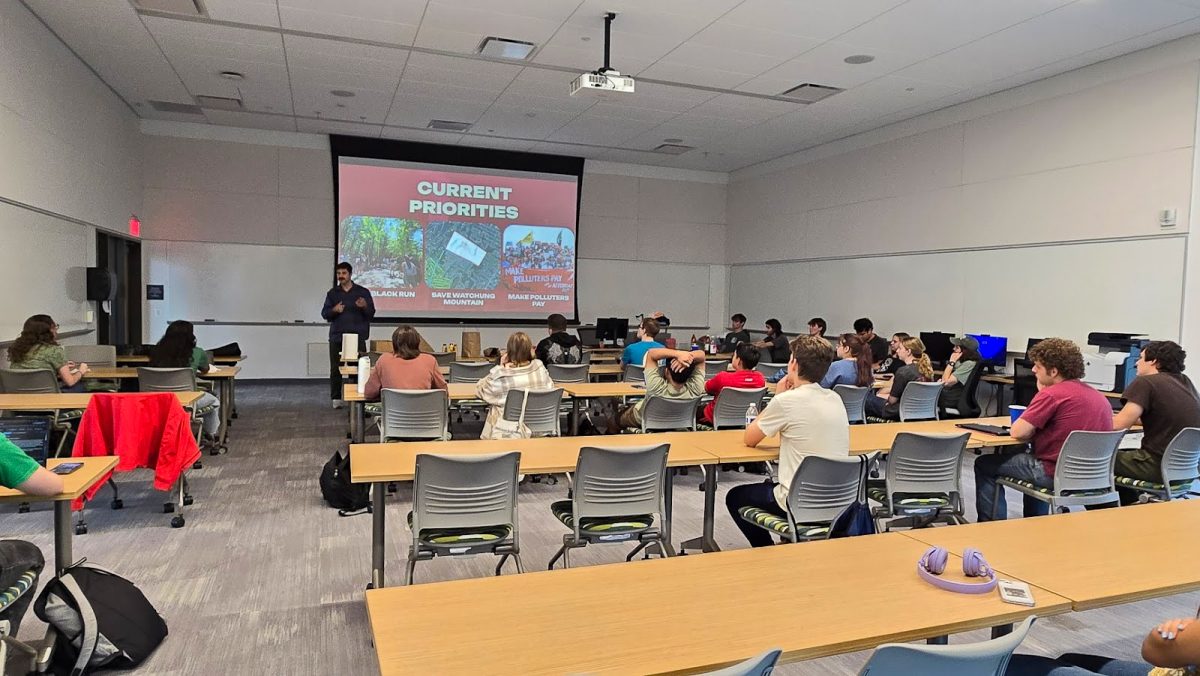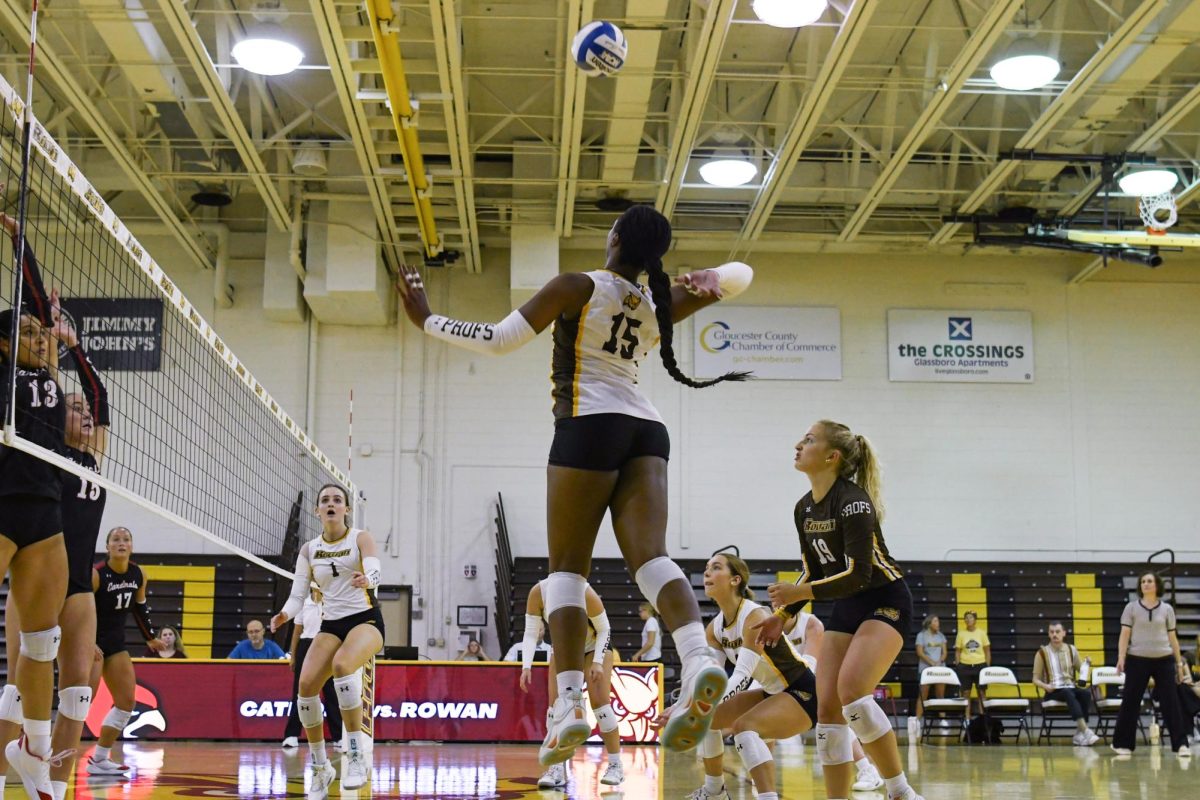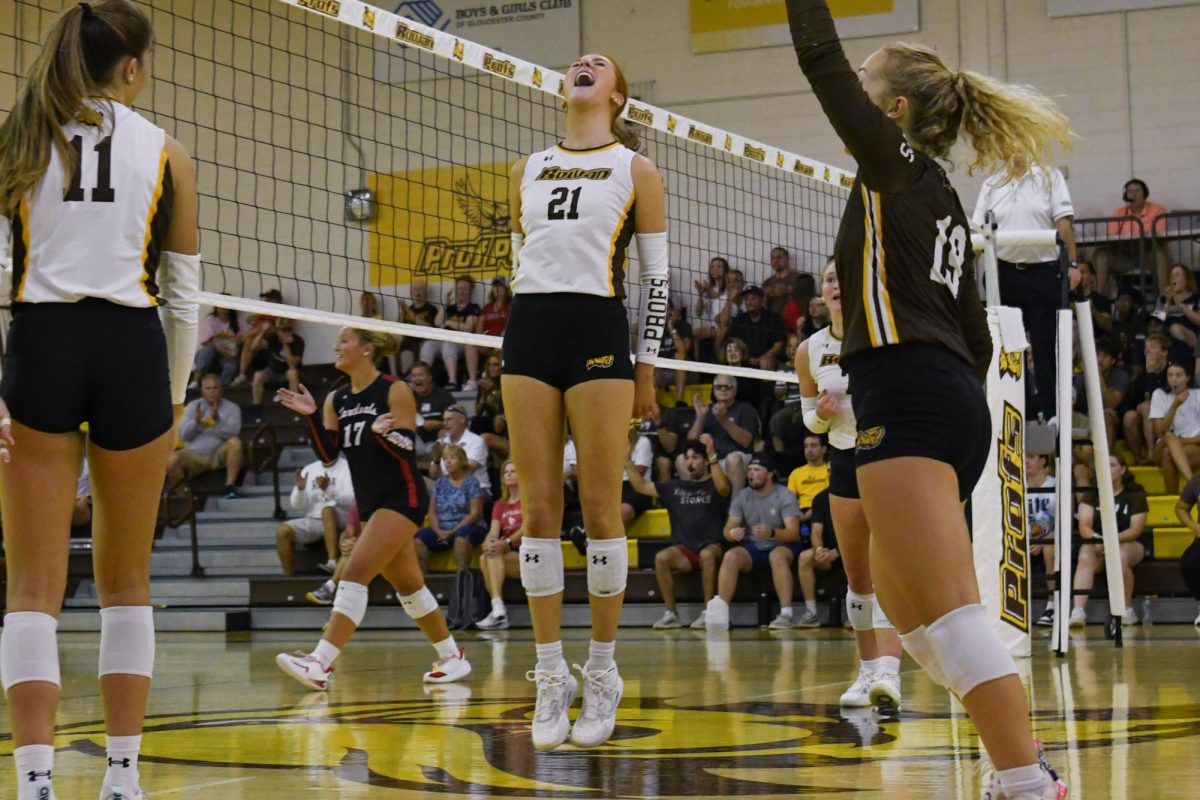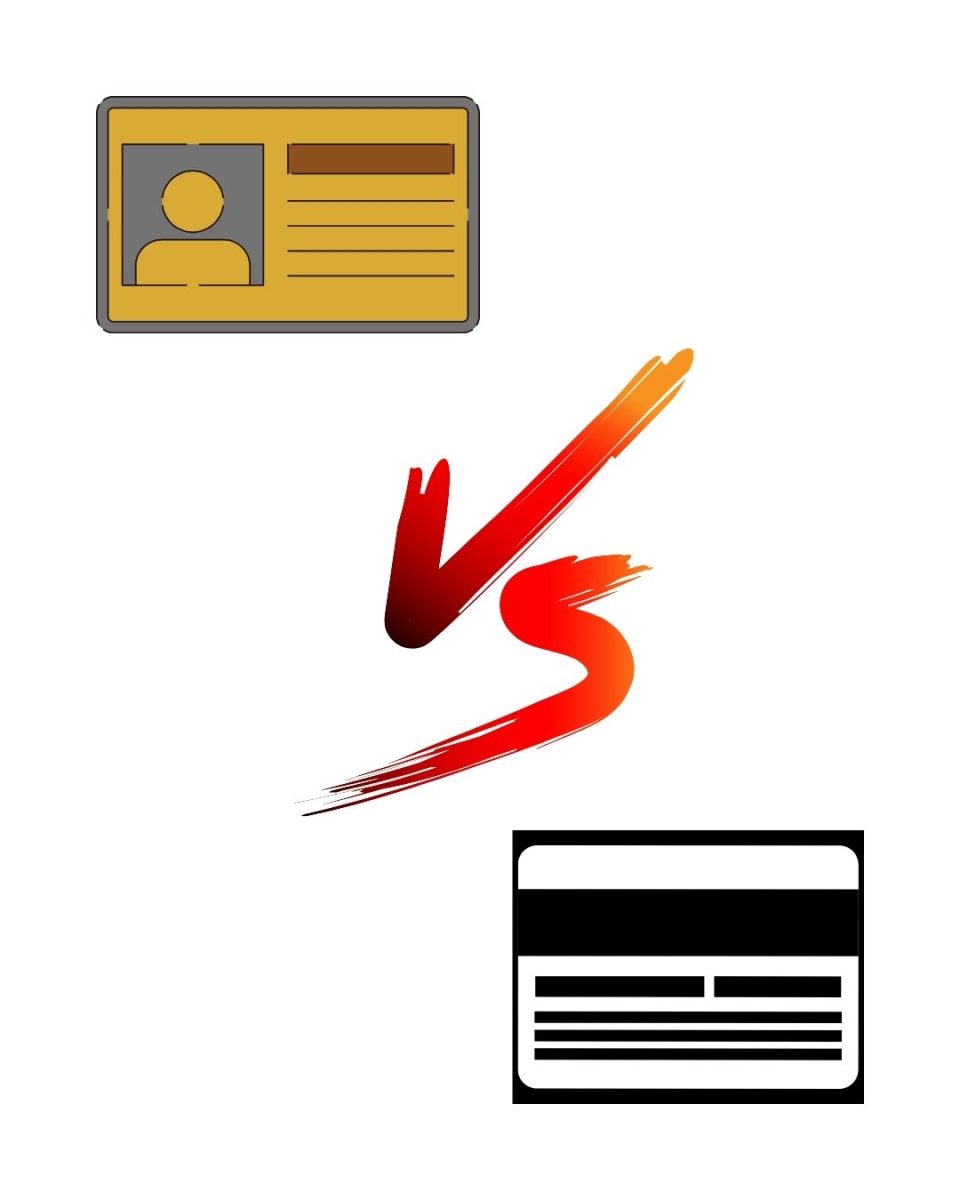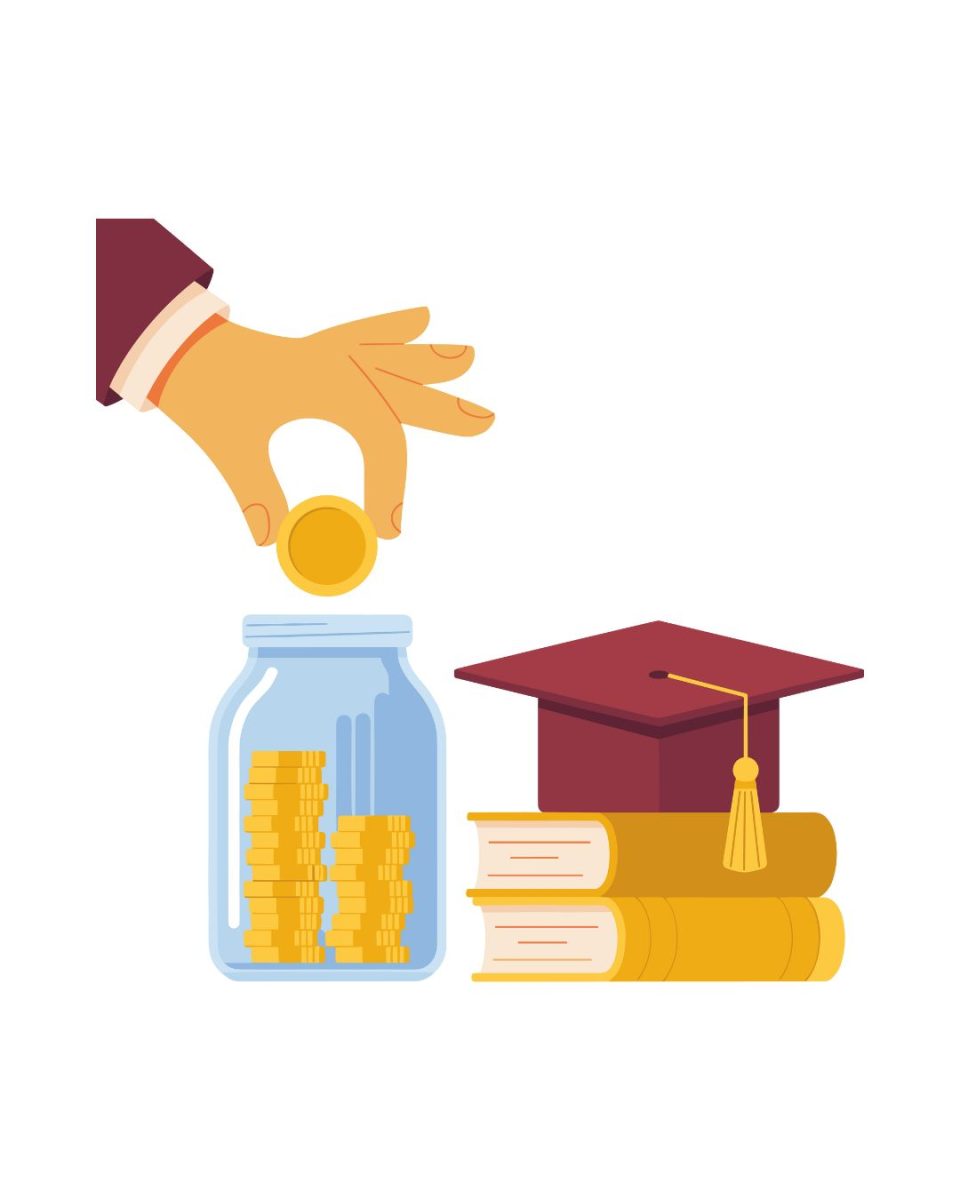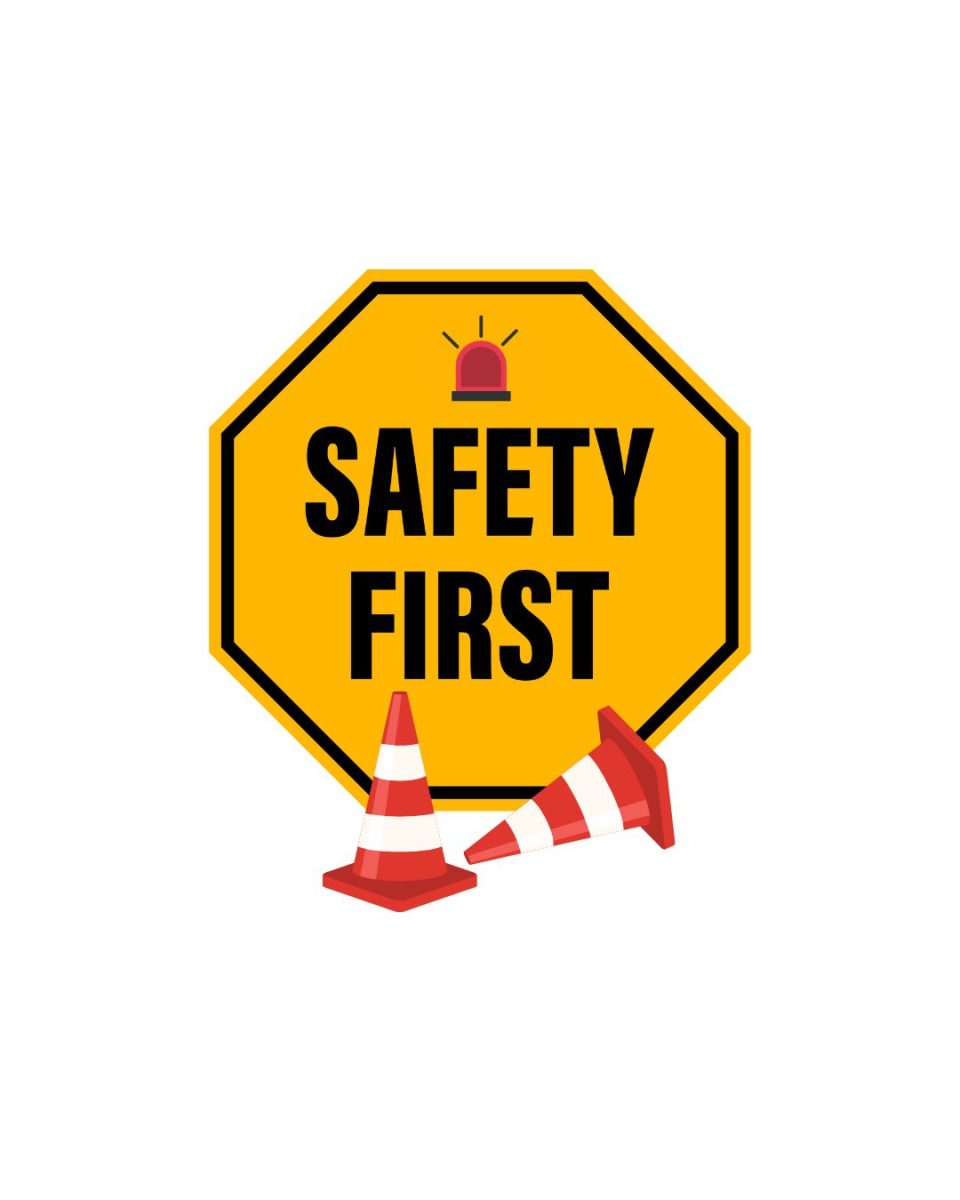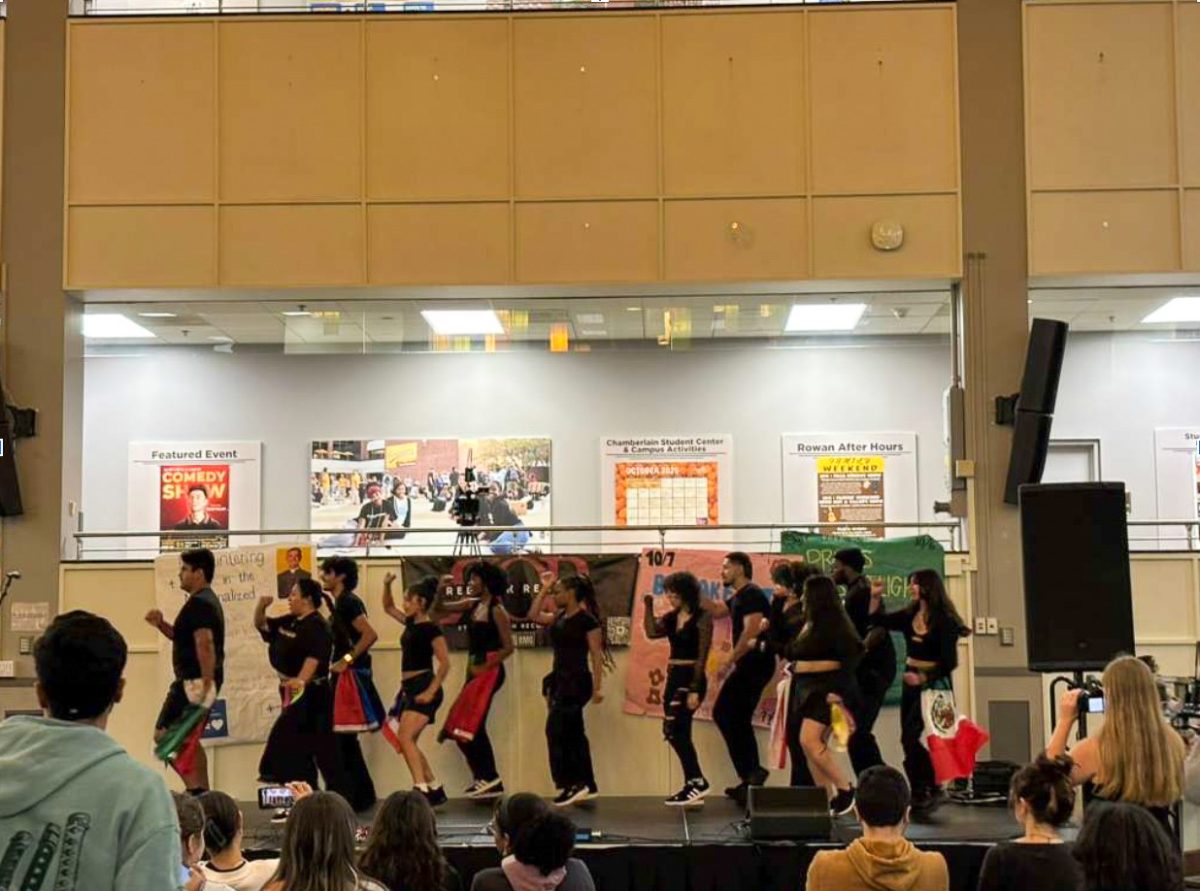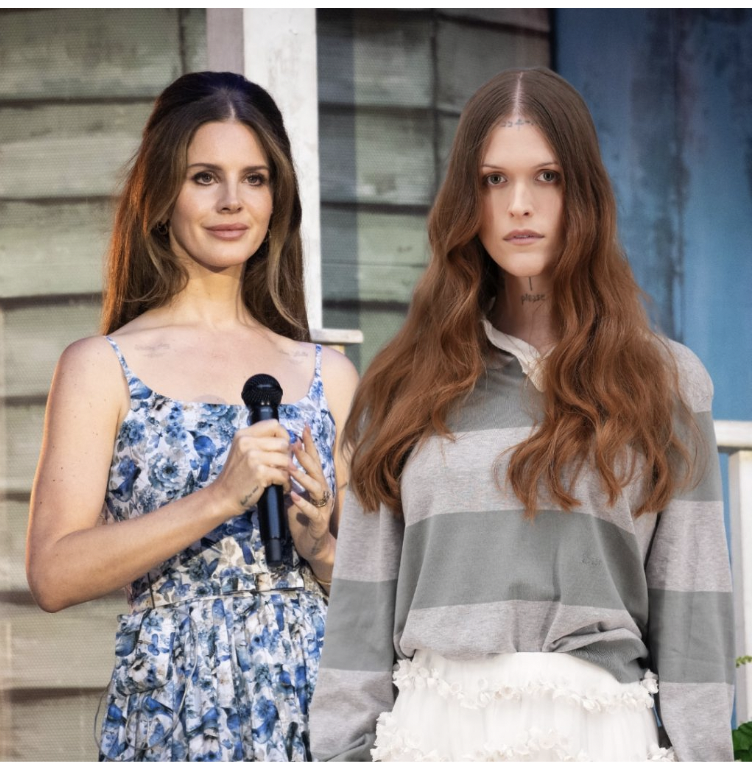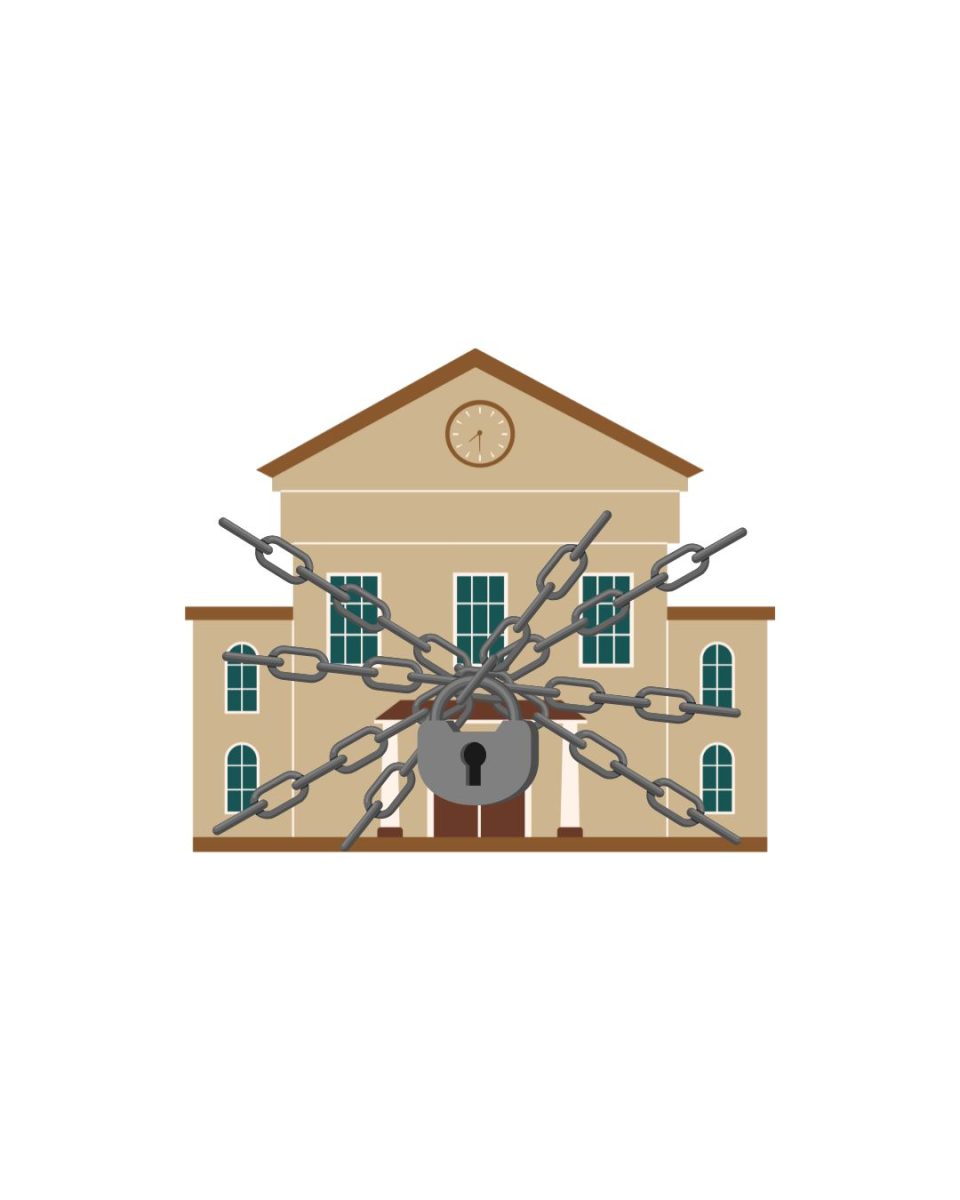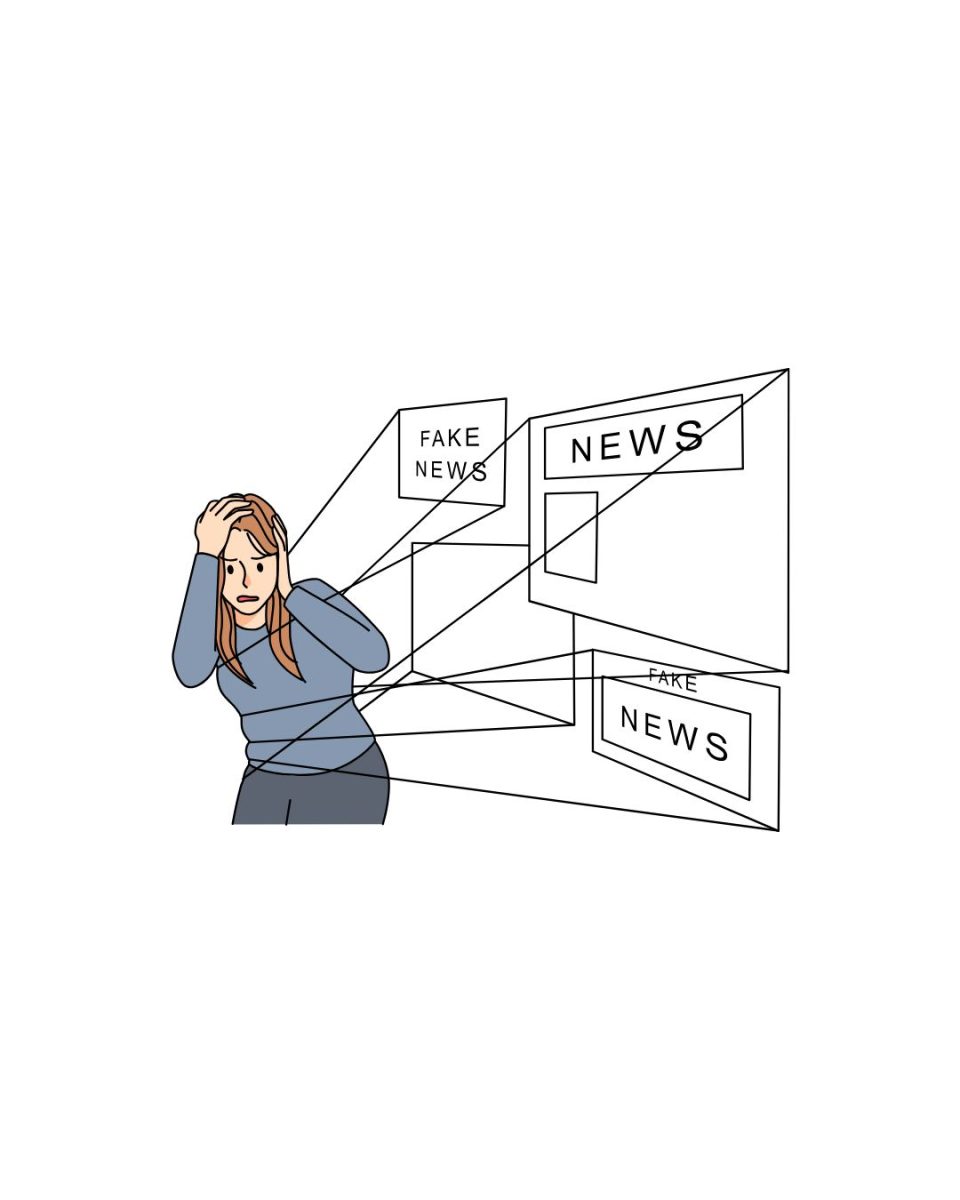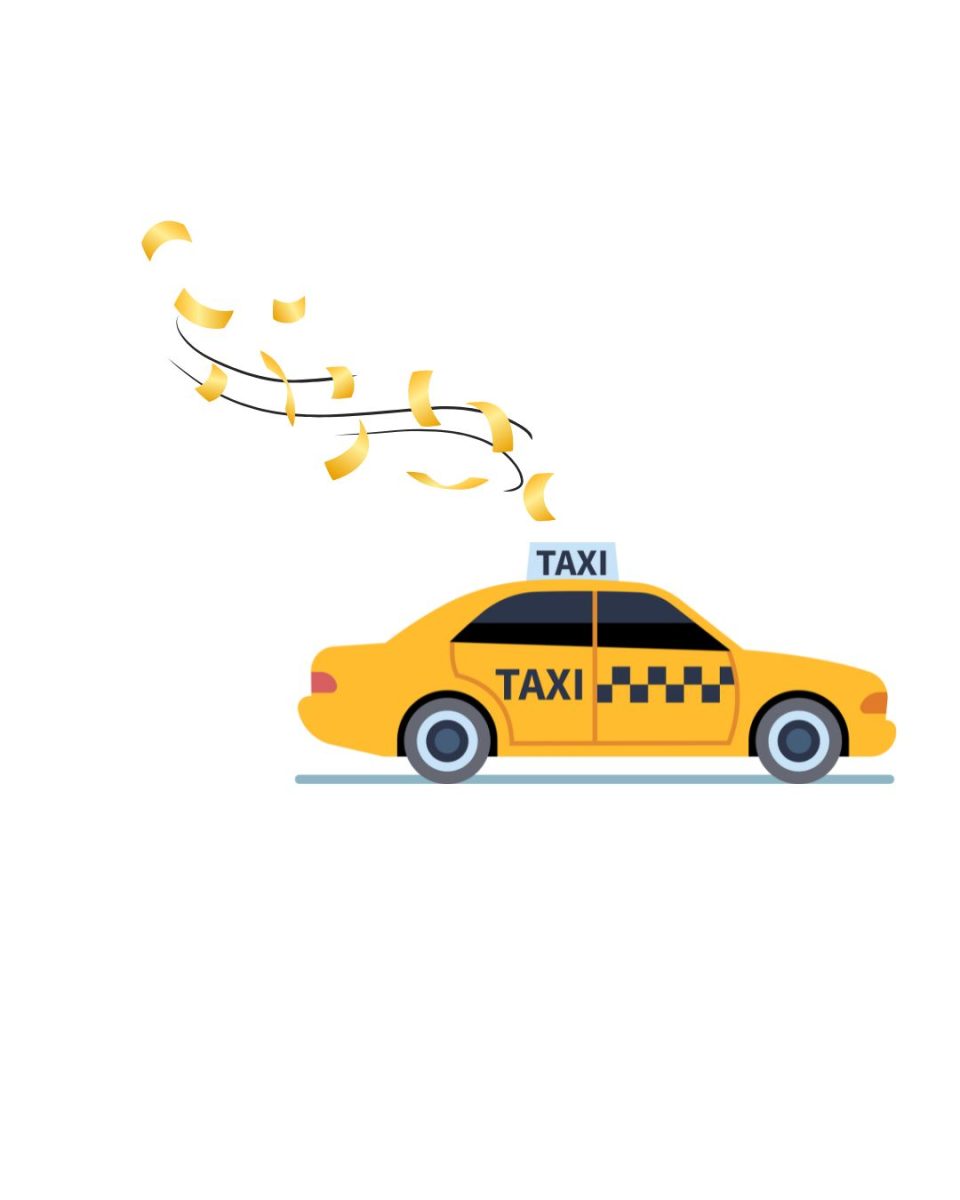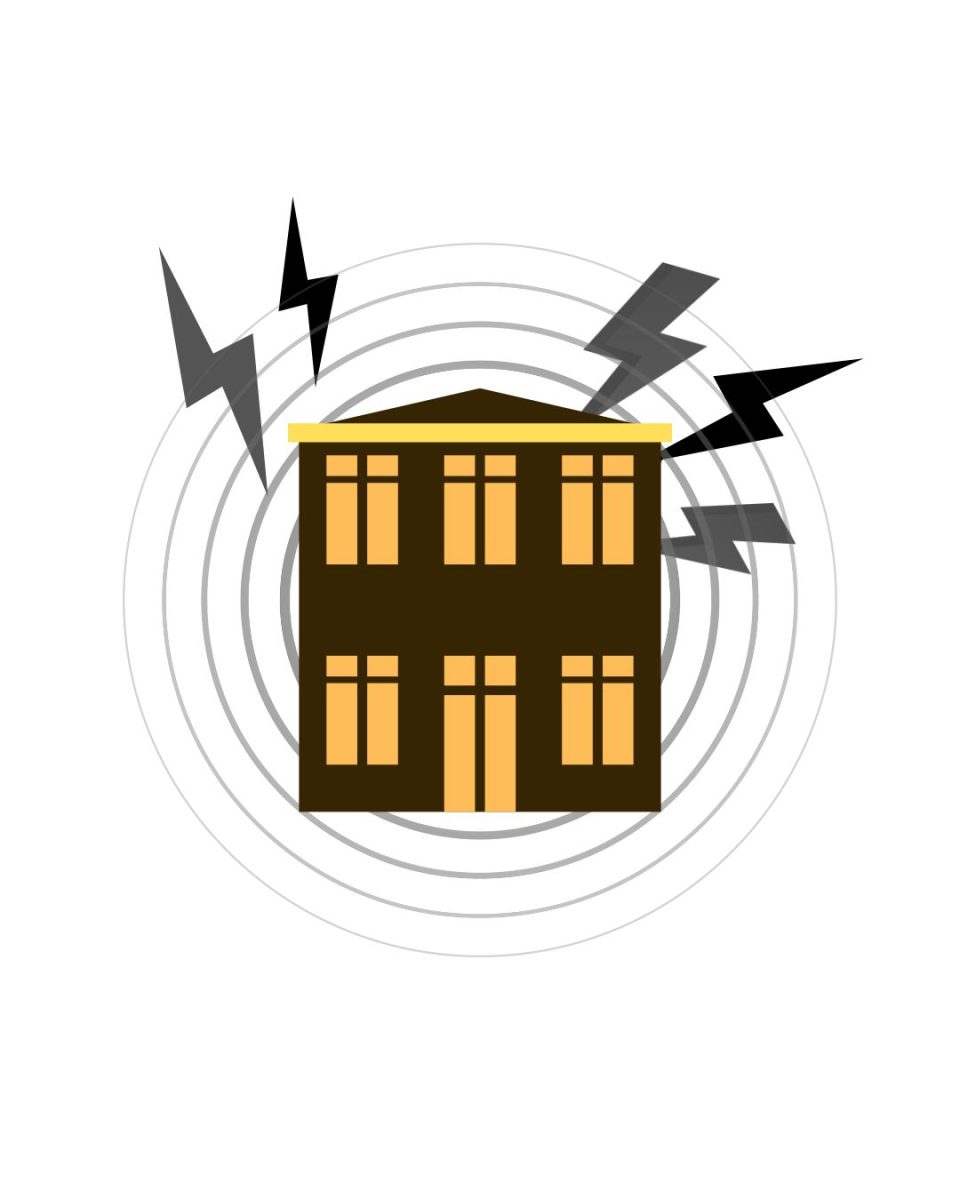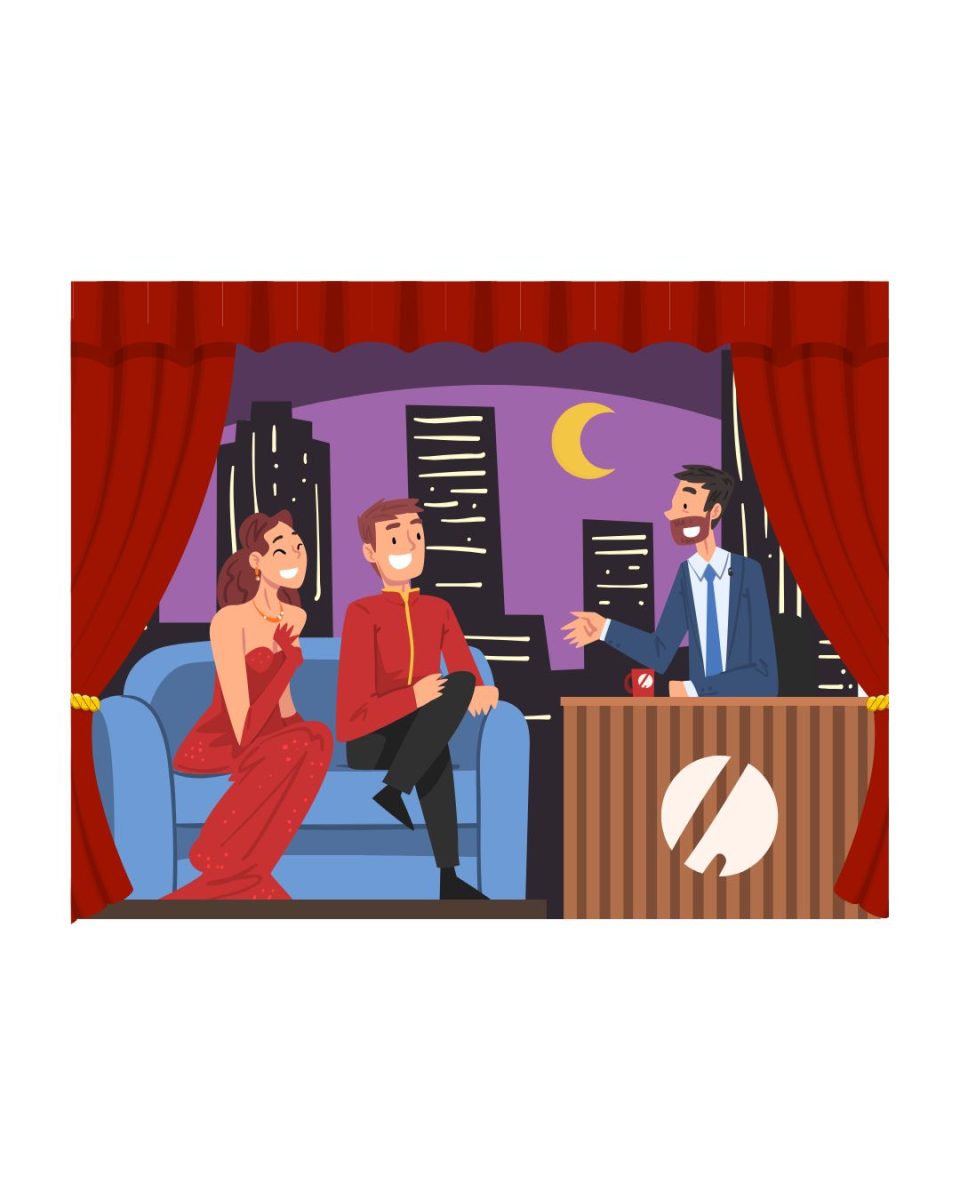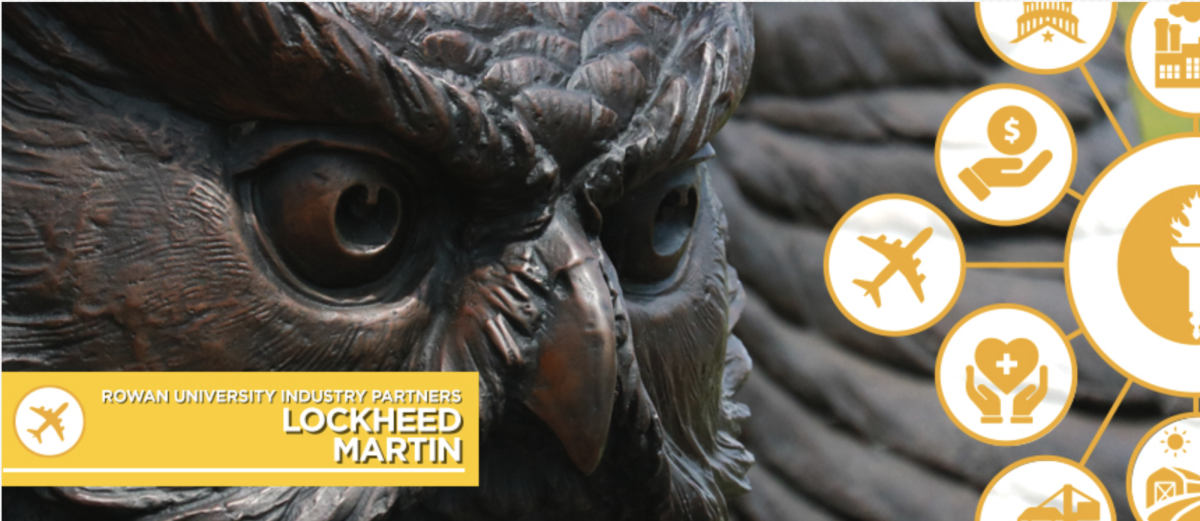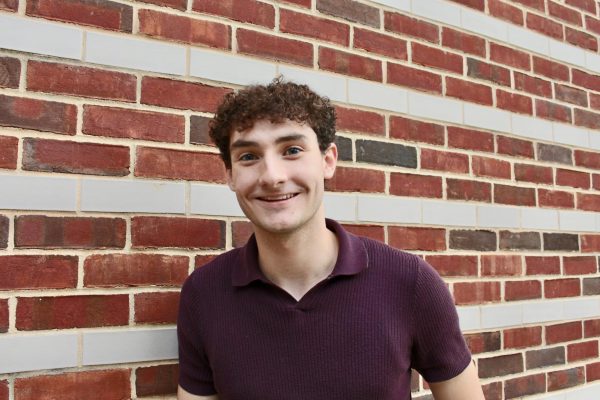In an era where news and current events are blowing up our phones, filling our notifications, and on every corner of social media, some choose to omit it altogether in favor of their mental health. Many people avoid the news completely to sidestep the stress of complex issues and the anxiety of the world, favoring staying uninformed to keep a healthy state of mind.
I was one of these people. However, pretending that these real-world issues don’t exist doesn’t make them go away. In fact, it makes them worse.
Growing up with anxiety, where even the most mundane things would give me panic attacks or keep me up at night, I abstained from even acknowledging the news. I would write it off rather than write it down, pushing it out of my mind. I ignored everything, making it seem like in my world, everything was fine. Wars raged on, deaths piled up, and new leaders took power while I turned my head away from the screen. This did not change anything, though. Does looking away from a beggar on the street make them disappear? Of course not. Ignorance isn’t a solution—it’s selfish.
At Rowan, avoiding the news may seem easier and easier, whether it’s intentional or not. As college students, we are in a position where we have the stress of our future and maintaining the balance between classes, clubs, and a job. At this time in our lives, it can feel like the space between our classroom walls and the rest of the world is so vast that it seems unreachable and can’t touch us or our problems. But even here, you are being affected. Tuition increases, housing changes, and additional funds all matter and impact you and your education.
For many, the solution may be to avoid the stress of global events and unplug. This is not coping, though; this is limiting your exposure to what is really happening and the effects it can have on you and your future.
A survey conducted in 2022, which deconstructed the United States’ high news avoidance, showed that more than 42% of Americans have openly stated that they avoid the news, which was lower than the year before. That’s almost half the population voluntarily choosing to remain uninformed and in the dark.
Our entire society is built on the concept of choice. The choice of who we elect, how we spend money, and how we live our lives. If that many people are not paying attention to what’s going on, that sets a dangerous precedent for the future of our nation.
There is a growing trend of news ignorance, affecting even those who consume the news on a daily basis, where readers or viewers curate what they see. This is selective exposure. Selective exposure is a term that has gained popularity in the past few years, in which a reader or viewer protects their mood and mental well-being by filtering out stress‑inducing news stories and missing key information along the way.
This isn’t to say that there aren’t ways to value your mental health. Too much of anything isn’t good for you, especially in the case of watching the news daily. Everything should be done in moderation, including how you consume current events. We live in a day and age where we have a 24-hour news cycle at our fingertips and the option to turn it on or off whenever we want. Like any power, it needs to be used responsibly. There is a way, though.
When I was part of this larger problem of ignoring the media and the news, jumping back in was overwhelming. The more I neglected to notice, the harder it was to keep up, and the stress piled on.
For a while, I tried to selectively expose myself to media, but it wasn’t enough. Hearing what I wanted to hear only pushed me deeper into the dark. So what did I do to get back in? I watched exactly what I didn’t want to. I turned on the TV and let it play. I tuned into what I found I agreed with and would switch channels. There are thousands of videos online and articles published detailing the entire history of wars, politicians, and disasters going on in the world.
It may not be easy. But simply exposing yourself to news you wouldn’t normally watch can be both educational and eye-opening. You can spot propaganda, see opposing viewpoints, and look where you wouldn’t think to. As for how I balanced it with my mental health, I always had the option to take a break.
News isn’t going anywhere, and we have access to it at all times, which means occasionally you can just turn it off and come back with a clear head. The news isn’t all tragic, either. Balancing your media intake with light current events and the good going on around you is also important.
There is a great deal of negativity in the world today, and it can be challenging sometimes to stare at a screen or flip through the pages of a newspaper and see it all laid out side by side. The solution or truth is often hidden between lies and deception, but that doesn’t mean you should give up. Ignoring the problems around you and putting on the blinders in your daily life will isolate you from the real-world problems of everyday life. The world can be a scary, stressful place sometimes, and it’s more than understandable to take a step back once in a while.
However, taking too big a step back and turning away remains inexcusable. Major world events like foreign affairs, tariffs on nations, ongoing wars, and even local state issues continue, and you wouldn’t even know it. The information is out there. You just need to look. We have power as citizens, with access to information and the freedom to express it—a power that billions of people around the world don’t have. Limiting your awareness of that power dilutes it and makes it meaningless. This is not about choosing a side.
This is not about becoming a political expert. This is about knowing how you are being impacted and what you can do about it. So turn on the TV and see what is happening.
For comments/questions about this story, DM us on Instagram @thewhitatrowan or email [email protected]


